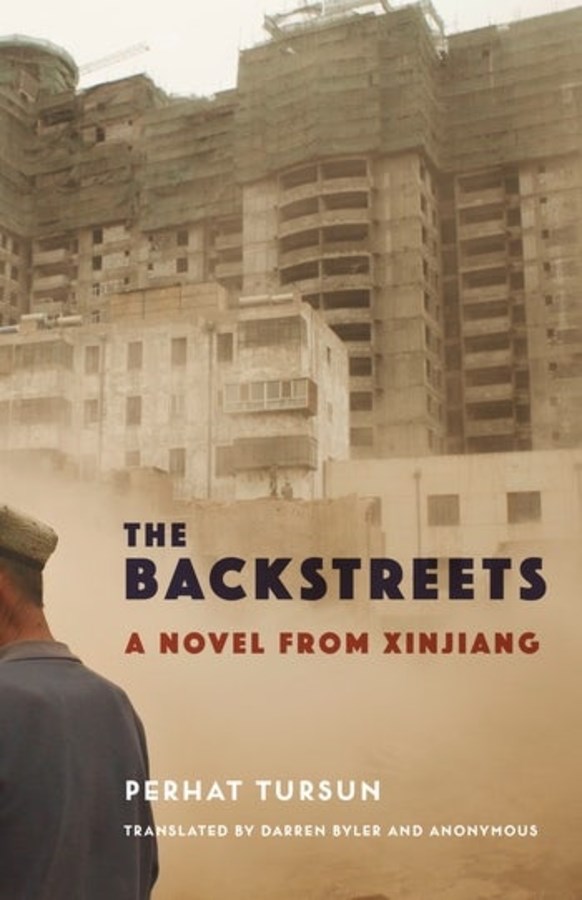The Backstreets: A Novel from Xinjiang
The Backstreets is an astonishing novel by a preeminent contemporary Uyghur author who was disappeared by the Chinese state.

The Backstreets is an astonishing novel by a preeminent contemporary Uyghur author who was disappeared by the Chinese state.

This biography from distinguished music historian Simon Morrison examines Stevie Nicks as a singer and songwriter before and beyond her career with Fleetwood Mac, from the Arizona landscape of her childhood to the strobe-lit Night of 1000 Stevies celebrations.

Judith Butler shows how COVID-19 and all its consequences—political, social, ecological, economic—have challenged us to reconsider the sense of the world that such disasters bring about.

The World Atlas of Trees and Forests offers a beautiful introduction to what forests are, how they work, how they grow, and how we map, assess, and conserve them.

Locked in Time showcases fifty of the most astonishing fossils ever found, brought together in five fascinating chapters that offer an unprecedented glimpse at the real-life behaviors of prehistoric animals.

Newly restored, this version of Theresa Hak Kyung Cha’s masterpiece honors the author’s original intentions and vision for the book. Originally published in 1982, Dictee is a classic of modern Asian American literature.

Exploring an insect whose sensory experiences rival those of humans, The Mind of a Bee reveals the singular abilities of some of the world’s most incredible creatures.

Translating Myself and Others is a collection of candid and disarmingly personal essays by Pulitzer Prize–winning author Jhumpa Lahiri, who reflects on her emerging identity as a translator as well as a writer in two languages.
With subtlety and emotional immediacy, Lahiri draws on Ovid’s myth of Echo and Narcissus to explore the distinction between writing and translating, and provides a close reading of passages from Aristotle’s Poetics to talk more broadly about writing, desire, and freedom. She traces the theme of translation in Antonio Gramsci’s Prison Notebooks and takes up the question of Italo Calvino’s popularity as a translated author. Lahiri considers the unique challenge of translating her own work from Italian to English, the question “Why Italian?,” and the singular pleasures of translating contemporary and ancient writers.

Art after Liberalism is an account of creative practice at a moment of converging social crises. It is also an inquiry into emergent ways of living, acting, and making art in the company of others.
The apparent failures of liberal thinking mark its starting point. No longer can the framework of the nation-state, the figure of the enterprising individual, and the premise of limitless development be counted on to produce a world worth living in. No longer can talk of inclusion, representation, or a neutral public sphere pass for something like equality.

Welcome to the Universe in 3D takes you on a grand tour of the observable universe, guiding you through the most spectacular sights in the cosmos—in breathtaking 3D. Presenting a rich array of stereoscopic color images, which can be viewed in 3D using a special stereo viewer that folds easily out of the cover of the book, this book reveals your cosmic environment as you have never seen it before.
